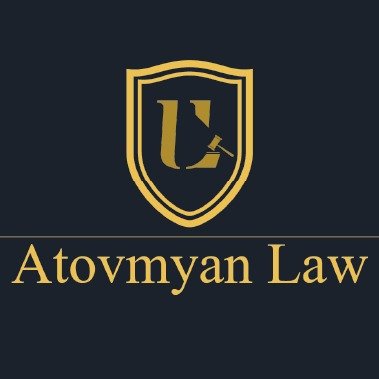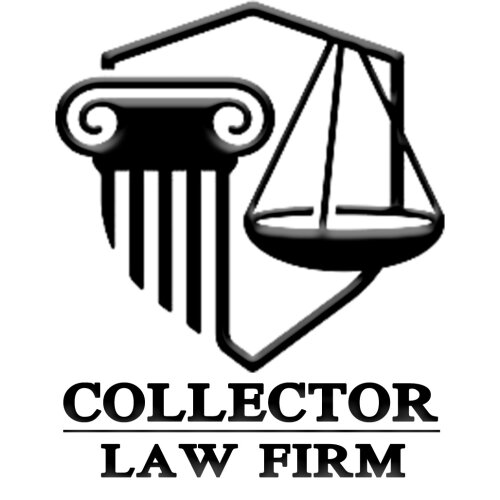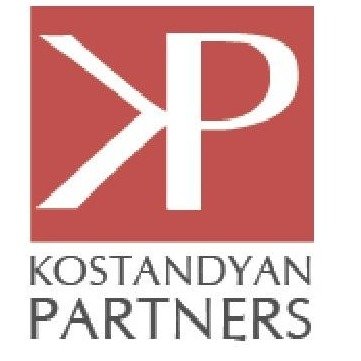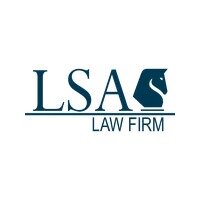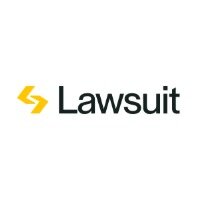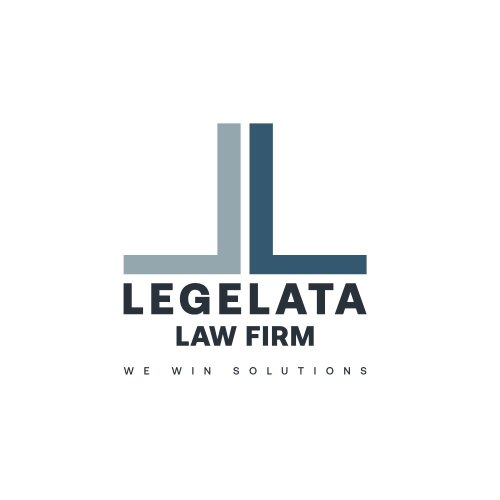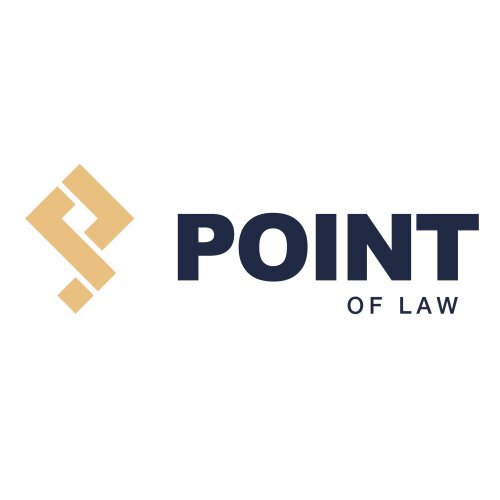Best Sanctions & Export Controls Lawyers in Armenia
Share your needs with us, get contacted by law firms.
Free. Takes 2 min.
Or refine your search by selecting a city:
List of the best lawyers in Armenia
About Sanctions & Export Controls Law in Armenia
Sanctions and export controls are legal mechanisms used by governments to regulate the movement of goods, technology, and services across borders. In Armenia, these laws play an important role in national security, international relations, and economic development. The Armenian government implements controls to ensure that exports do not contribute to the proliferation of weapons, violate international agreements, or undermine global security. Similarly, sanctions are imposed to restrict or prohibit certain transactions with specific countries, individuals, or entities in alignment with Armenia’s international commitments.
Why You May Need a Lawyer
Navigating sanctions and export controls in Armenia can be complex. Many individuals and businesses may need legal assistance when they:
- Plan to export goods, software, or technology from Armenia to foreign markets
- Are in the process of importing controlled items into Armenia
- Engage in transactions with foreign partners, especially from countries subjected to international sanctions
- Are contacted by Armenian or foreign government authorities regarding potential violations
- Are facing penalties or legal proceedings related to alleged sanctions breaches
- Need to conduct compliance audits or implement internal compliance programs
- Have assets frozen or are subject to restrictions because of sanctions
- Require licenses or approvals to conduct business in restricted sectors or with restricted parties
Legal advisors can help ensure that your business practices are compliant, reduce the risk of penalties, and support your interests in dealings with authorities or courts.
Local Laws Overview
Sanctions and export controls in Armenia are governed by a framework of national statutes and regulations, along with Armenia’s international obligations. Here are some key aspects:
- Export Control Law: The Law on Export Control of Dual-Use Items and Technologies controls the export, transit, and brokering of items that can be used for both civilian and military purposes. Violations can result in administrative or criminal penalties.
- International Sanctions: Armenia adheres to United Nations Security Council sanctions and, to a degree, those imposed by other international organizations. National regulations ensure compliance with these sanctions within Armenian territory.
- Licensing Requirements: Certain goods, especially military and dual-use items, require government-issued licenses before export or import. Applications are reviewed by the national export control authority.
- Customs Regulations: The Armenian Customs Service enforces sanctions and export control measures at borders. They ensure that prohibited goods are not imported or exported.
- Compliance Programs: Armenian law encourages companies dealing with controlled items to establish internal compliance systems to prevent unintentional breaches.
- Penalties: Violations of export controls or sanctions can lead to substantial fines, product seizure, license revocation, and in severe cases, criminal prosecution.
This evolving legal landscape means that anyone involved in international trade should stay informed on current laws and guidance.
Frequently Asked Questions
What are dual-use goods and how are they regulated in Armenia?
Dual-use goods are items that have both civilian and military applications. Armenia's export control law requires licenses for exporting, transiting, or brokering such goods and technologies.
Are there specific countries I cannot trade with due to Armenian sanctions?
Yes, Armenia complies primarily with UN-imposed sanctions, which may restrict transactions with individuals, entities, or entire countries listed by the United Nations Security Council.
How do I know if my product requires an export license?
Products that may have military, nuclear, or intelligence applications usually require licenses. It is essential to consult the Armenian national control list or legal counsel to verify your obligations.
What is the role of the Armenian Customs Service in export controls?
Armenian Customs enforces compliance at borders, checks for proper documentation, and has the authority to detain or confiscate goods in violation of sanctions or export controls.
What are the consequences of violating sanctions or export controls?
Violations can result in administrative fines, seizure of goods, loss of licenses, and potentially criminal prosecution, featuring heavy penalties or imprisonment.
Can individuals or businesses apply for exemptions or special licenses?
In certain cases, exemptions or special licenses may be granted by the relevant Armenian authority, especially if the items serve humanitarian purposes or comply with specific international obligations.
Do Armenian laws apply to services and technology transfers as well as goods?
Yes, Armenian export controls cover not only physical goods but also technical data, software, and certain services, especially if they are relevant to dual-use or military applications.
How can a company ensure compliance with Armenian sanctions and export controls?
Developing internal compliance programs, conducting regular training, and seeking legal advice are effective ways to minimize risks. Regular screening of partners and transactions is also essential.
Are sanctions and export control rules in Armenia subject to frequent changes?
Yes, the regulatory environment can change depending on international developments and Armenia’s treaty obligations. Continuous monitoring of updates is important for any business involved in foreign trade.
Where can I obtain official information about Armenian export control regulations?
Official information is available from Armenia’s export control authorities, the Ministry of Economy, and the State Revenue Committee. Consulting a legal expert can also provide clarity.
Additional Resources
If you need to learn more about sanctions and export controls in Armenia, the following resources may be helpful:
- Ministry of Economy of the Republic of Armenia - Department of Export Control
- State Revenue Committee of Armenia (Customs Service)
- UN Security Council Resolutions and Sanctions Lists
- Embassies or Trade Missions of countries involved in your transactions
- Armenian Chamber of Commerce and Industry
- Professional legal associations with expertise in international trade
These organizations can provide guidance and informational materials regarding current laws and compliance practices.
Next Steps
If you believe you may be affected by sanctions or export controls in Armenia, or if you plan to begin importing or exporting controlled goods, you should:
- Consult with a qualified Armenian lawyer who specializes in international trade or export controls.
- Gather all relevant information about your products, transactions, and partners.
- Review your current business practices for possible compliance gaps.
- Contact the relevant government authority for official guidance if needed.
- Stay informed about ongoing changes in the legal landscape by subscribing to updates or attending workshops.
A legal professional will help you understand your obligations, minimize risks, and navigate regulatory complexities, ensuring that your international business operations in Armenia remain fully compliant and secure.
Lawzana helps you find the best lawyers and law firms in Armenia through a curated and pre-screened list of qualified legal professionals. Our platform offers rankings and detailed profiles of attorneys and law firms, allowing you to compare based on practice areas, including Sanctions & Export Controls, experience, and client feedback.
Each profile includes a description of the firm's areas of practice, client reviews, team members and partners, year of establishment, spoken languages, office locations, contact information, social media presence, and any published articles or resources. Most firms on our platform speak English and are experienced in both local and international legal matters.
Get a quote from top-rated law firms in Armenia — quickly, securely, and without unnecessary hassle.
Disclaimer:
The information provided on this page is for general informational purposes only and does not constitute legal advice. While we strive to ensure the accuracy and relevance of the content, legal information may change over time, and interpretations of the law can vary. You should always consult with a qualified legal professional for advice specific to your situation.
We disclaim all liability for actions taken or not taken based on the content of this page. If you believe any information is incorrect or outdated, please contact us, and we will review and update it where appropriate.
Browse sanctions & export controls law firms by city in Armenia
Refine your search by selecting a city.



